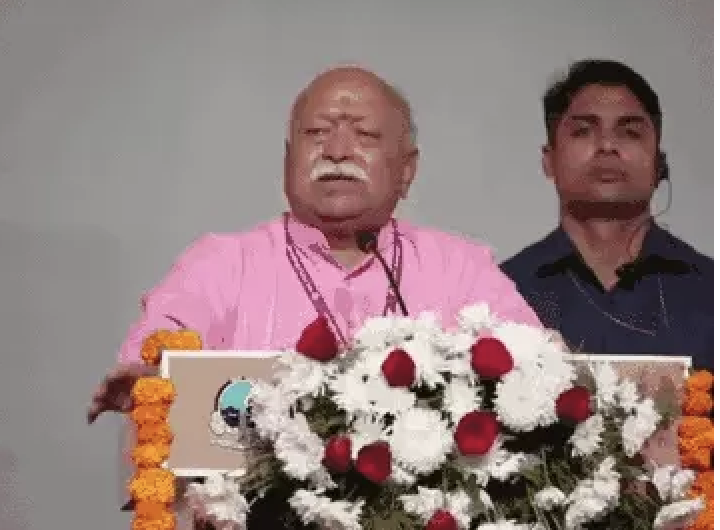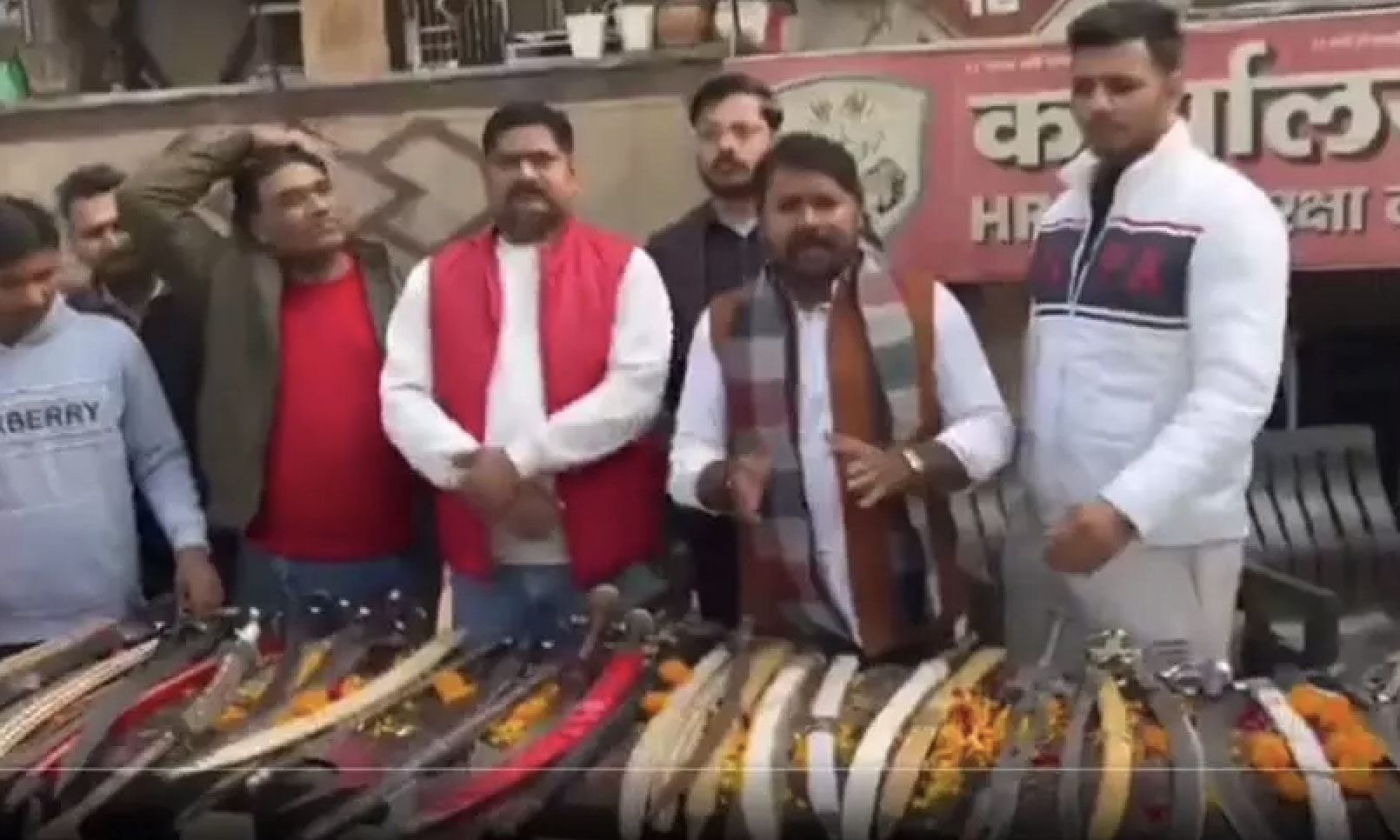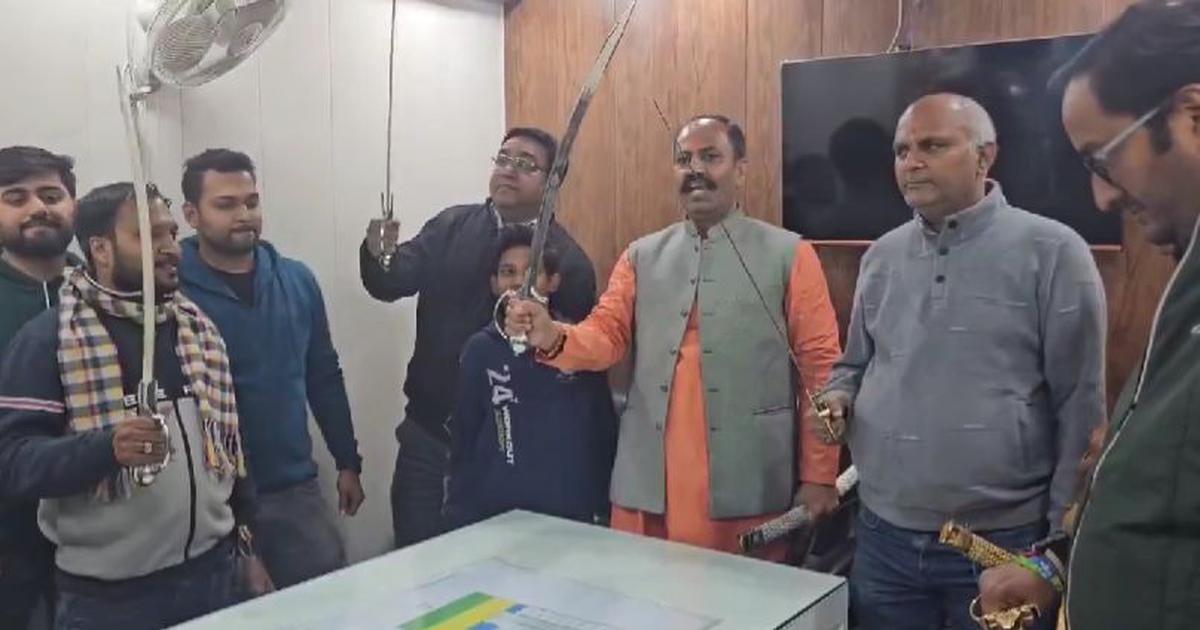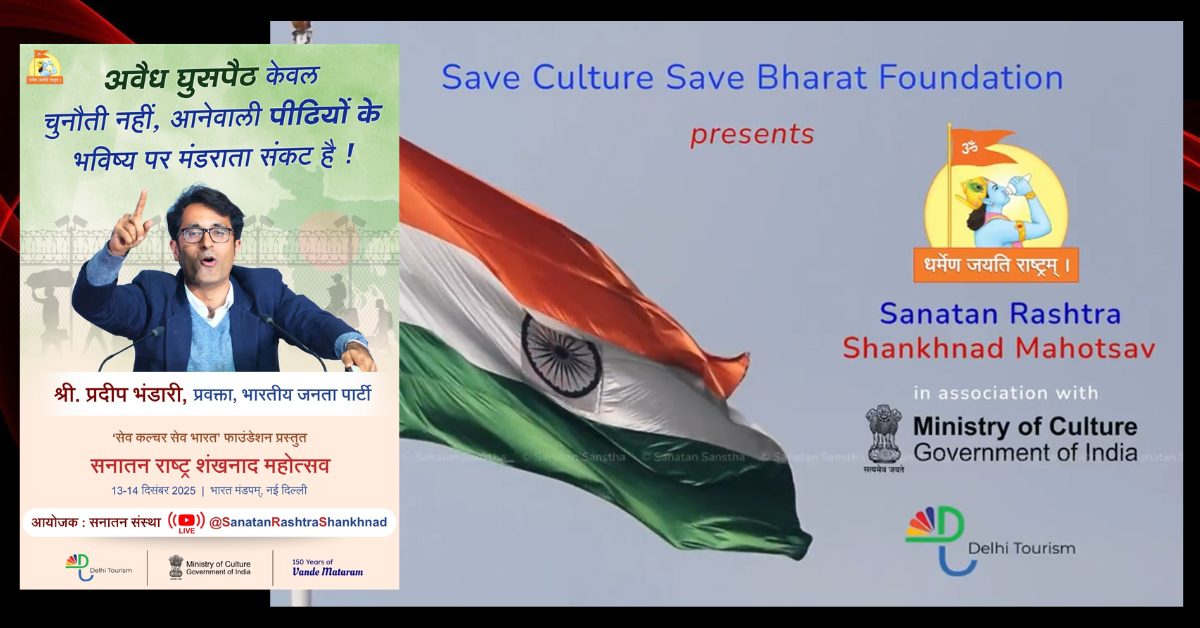
By MADHUPARNA DAS / The Print
New Delhi: Homemakers, professors, doctors, an MSc in criminology, an MA in political science — the Rashtra Sevika Samiti, the women’s wing of the Rashtriya Swayamsevak Sangh (RSS), attracts members from all walks of life.
Founded in 1936, this Hindu nationalist women’s organisation has remained relatively unobtrusive in the Sangh’s structure for decades. Many women have joined the Bharatiya Janata Party (BJP), some rising through the ranks in the Union and state governments, but no prominent ones have joined from the Samiti.
Compared to the RSS, the Rashtra Sevika Samiti is much smaller. Its chief, V. Shantha Kumari (also known as Shantakka), told ThePrint that while the Sangh has around 3,000 pracharaks across states, the Samiti has a mere 52 pracharikas and 150 vistarikas. According to the Samiti’s website, though, it has more than 55,000 sevikas across its over 2,700 shakhas.
Sevikas are volunteers who work for the Samiti, while vistarikas are short-term members who give a few years to the organisation. Pracharikas, however, are members who take the oath to devote their lives to the Samiti, choosing celibacy and the organisation’s cause for the rest of their lives. They can be anywhere between 25 to 70 years of age.
Kumari, 70, belongs to an RSS family from Bengaluru. She completed her MSc in mathematics and became a professor. Around 30 years ago, she decided to take oath as a Samiti pracharika and rose through the ranks in the organisation. She is now based in Nagpur, Maharashtra.
Speaking to ThePrint, she said the Samiti runs on three primary principles — “Matritva [motherhood], Kartavya [responsibility] and Netritva [leadership]”.
“We may not be able to compete with the Sangh in terms of the number of pracharaks or their contribution to politics and representation in the BJP, but the Sevika Samiti practices the ideals of Jija Mata [Jijabai Bhosale, mother of Chhatrapati Shivaji], who built and trained Shivaji Maharaj,” she said.
“We have thousands of grehinis [homemakers] as our members who contribute to social work after managing their homes and raising their children. We never ask them to come to shakhas or be a part of the Samiti against their families’ wishes. Motherhood and responsibility are primary for us and these instill leadership qualities in women,” added Kumari.
This story was originally published in theprint.in. Read the full story here






